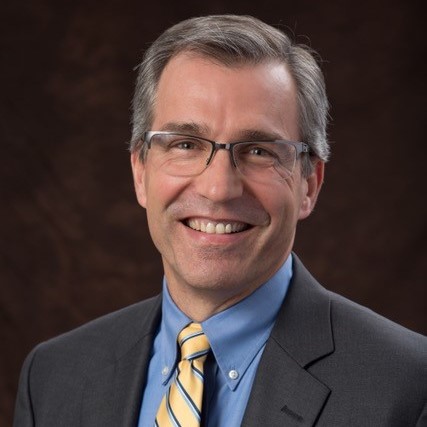Spirituality Matters

One of the less visible parts of my role as ACPE’s executive director is to respond to senior executives in many of the centers we accredit or where psychotherapists practice. Their questions can be complex, and they often distill down to a simple question: “why should we pay for someone to provide spiritual care here?”
I’ve had more of these conversations lately. One senior executive framed the question: “My pastor is a volunteer chaplain at the fire station. Why can’t we use volunteer chaplains at our hospital?”
When they’re open to it, I try to talk about their institution as a parish unto itself. While it may be fine for their pastor to visit members of their congregation, it seems an ethical breach for local clergy to have sole responsibility for providing spiritual care for all patients, clients and staff in a large institution, mainly because the pastor’s first loyalty is to their congregation and their faith tradition. I am not saying that strong spiritual care departments shouldn’t have volunteers working alongside staff chaplains, CPE students, and educators; rather, when volunteers serve, they should be supported and guided by professionals committed to multi-faith care and multi-cultural competencies.
One CFO, however, raised a different question. They said, “If the WHO doesn’t see spiritual care as a priority, why should we?” As you may know, the WHO defines human health in terms of its physical, social, and emotional dimensions. While many of us fervently believe spiritual health is a vital dimension, it isn’t in the definition.
The WHO is unlikely to change its definition any time soon, but in the meantime, Dr. Tracy Balboni and a rock star list of spiritual care researchers (including our own George Fitchett) published “Spirituality in Serious Illness and Health” in the Journal of the American Medical Association. This systematic review of thousands of published research articles demonstrates clearly how integral spiritual health is as a dimension of human health. Building on the research of the last twenty years, this study makes the most robust case to date for the importance of spirituality in health outcomes.
The article identifies several important implications; the top three regarding religion and spirituality and public health are:
- health care professionals [should] recognize and consider the benefits of spiritual community as a part of efforts to improve well-being
- public health professionals and students [should be educated] regarding spirituality and health outcomes, especially given the evidence concerning community participation in health and the frequency of such participation in the US and many other countries
- spirituality [is] a social factor associated with health—joining other social factors such as social integration, healthy work conditions, economic supports, protection from discrimination, access to healthy foods, and safe environments. (JAMA. 2022; 328(2):12)
- Routinely incorporate spiritual care into the medical care of patients with serious illness.
- Include spiritual care education in the training of all members of the interdisciplinary medical team caring for the seriously ill.
- Include specialty practitioners of spiritual care (e.g., chaplains) in the care of patients with serious illness.” (JAMA. 2022; 328(2):12)
Trace Haythorn is the Executive Director/CEO for ACPE. He can be reached at trace.haythorn@acpe.edu.
